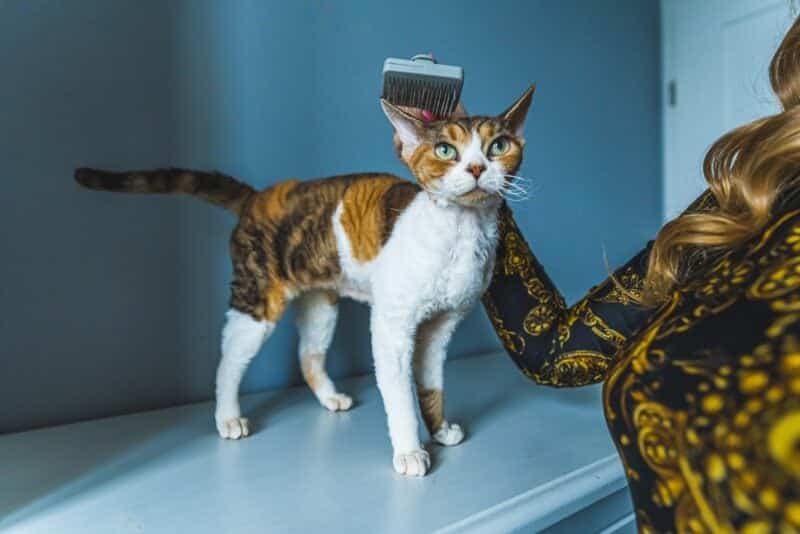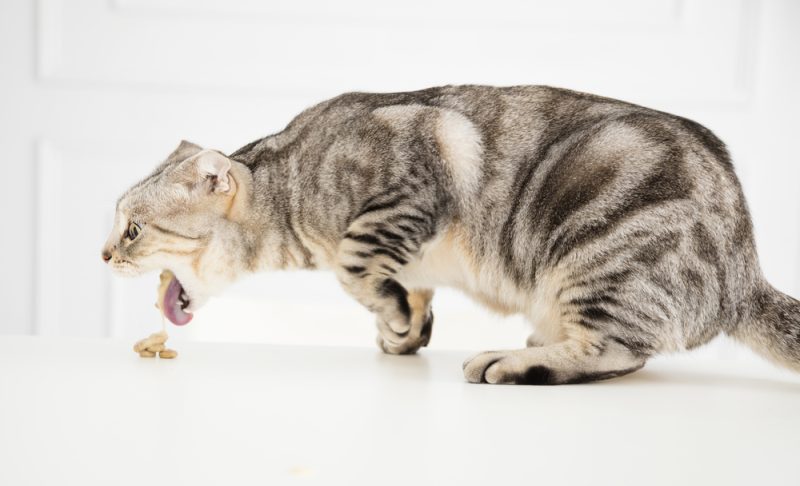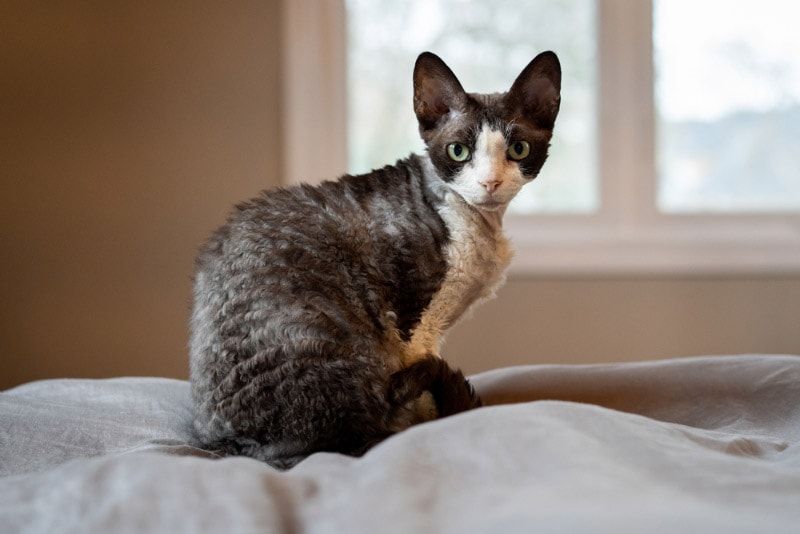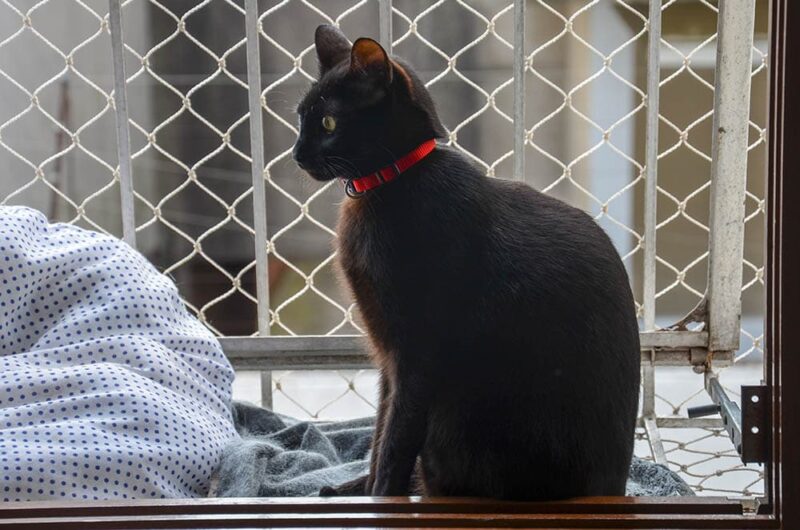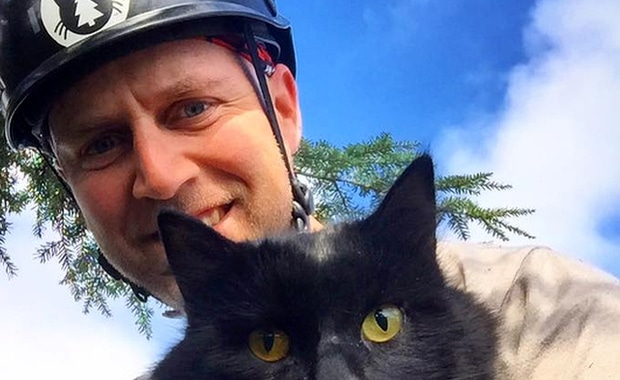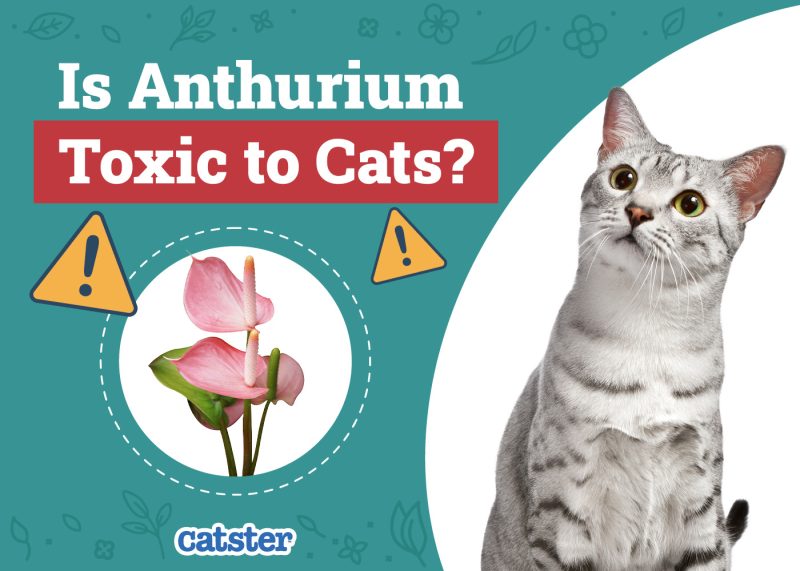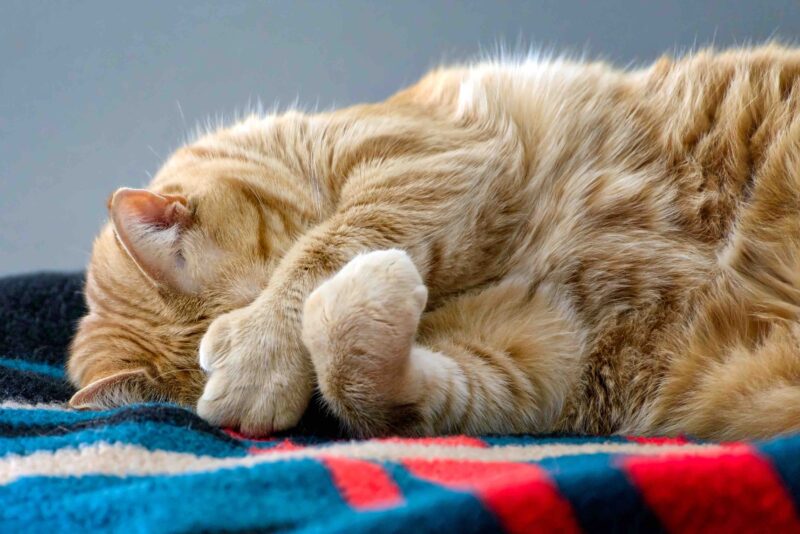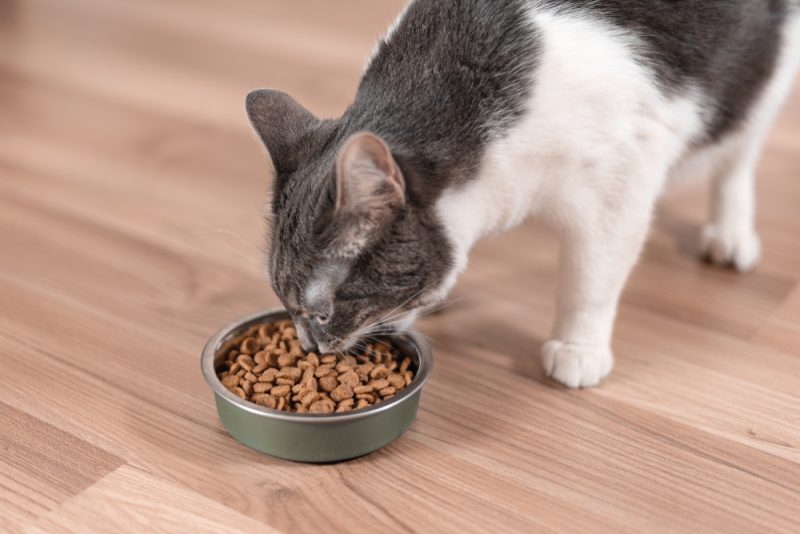Welcome to our “Ask Dr. Paola” series, where every Monday we bring expert advice straight from Dr. Paola Cuevas (MVZ) to help our readers better understand their cat’s health and well-being.
Whether you’re a new pet parent or a seasoned cat lover, Dr. Paola is here to provide answers to your most pressing questions. From nutrition tips and preventive care to troubleshooting common behavioral issues, Dr. Paola is ready to offer insights that will keep your kitty happy, healthy, and feline fine. Stay tuned for expert guidance on a range of topics that matter most to you and your cat, so you can make informed decisions and provide the best possible care for your furry companion.
Have a question? Send it in here!

Help! My Cats Grooming is Driving Me Crazy!
“Dear Dr. Paola,
I have two cats that are my children. I am handicapped. My cats care for me more than any human with their constant love and contact. My question: BreeBree eats and drinks fine. She gets along with her brother Darwin; however, her overgrooming is driving me crazy. Even at times when I pet her, she starts grooming. Mostly her tail and the area around her buttocks. Are they allergies? Habit? Nervousness? Any info would be appreciated.” – Michael
Hi Michael,
Thank you for sharing about BreeBree and Darwin. It sounds like they are a huge source of love and support in your life, and I can imagine how concerning it must be to see BreeBree overgrooming herself so often. Cats use grooming as both a physical and emotional soothing tool, so when it becomes excessive, it can signal discomfort or stress.
Overgrooming of the tail and hindquarters is often linked to skin irritation, flea bite sensitivity, or underlying allergies, either to food or something in the environment. It can also become a compulsive behavior, similar to how some people might bite their nails when anxious. The challenge is that what starts as an itch from a medical trigger can evolve into a habit, even after the initial cause is gone. Since overgrooming can lead to hair loss, skin trauma, or infections, it is important to identify the root cause. A veterinary examination, ideally including a skin check and sometimes allergy testing or dietary trials, is the best way to move forward.
In the meantime, keeping her routine calm and enriched can help if stress is part of the equation. Offering safe hiding spots, engaging play, and gentle redirection when she starts grooming may reduce the cycle. Because finding the true cause of overgrooming requires a physical examination, I would recommend making an appointment with her veterinarian. If mobility or logistics are difficult for you, our teletriage veterinary services at Pangovet can help guide you on whether this looks more like a behavioral issue or a medical one, so you know what kind of in-person care to prioritize.
Kind regards,
Dr. Paola

If you'd like to talk with a vet, like Dr. Paola or one of our other expert veterinarians, you can head over to PangoVet. It's our online service where you can talk with a vet online and get the advice you need for your cat — all at an affordable price!
Catster reader exclusive deal: Save 65% on your first call, use code ASKDRPCATSTER65 at checkout.

Help My Cat Won’t Stay Still Long Enough For Me To Help Her!
“My cat Lucy is an outside/inside cat. I found her outside a few years ago as a stray, and I’ve tried to domesticate her, but she won’t stay inside very long. She’s very affectionate and very loving, but then when I try to hold her, she won’t let me for very long. I’ve just discovered that she has an ear infection by going to a vet. I don’t know how I can help her with medication because she won’t allow me to hold her, and she gets upset and forces her way out of my arms. If I don’t take care of it, will it get worse, or will it go away by itself? I just don’t know how I could put medicine on her ear if I can’t hold her down long enough, and she’ll get upset with me and maybe even run off. I would appreciate your advice.” – Lorraine
Hi Lorraine,
Thank you for sharing Lucy’s story. It sounds like she has come a long way since her days as a stray, and her affection toward you is a sign of the trust she has built. At the same time, cats with a semi-feral background often have handling limits, which makes medical care more challenging. Ear infections in cats rarely resolve on their own. In fact, without treatment, they tend to worsen, leading to chronic pain, persistent inflammation, or even deeper infections of the middle or inner ear.
Because Lucy resists being held for long, the safest option is to work with your veterinarian on a plan that suits her temperament. Some ear medications are easier to apply than others, and in certain cases, an injectable or long-lasting treatment given at the clinic can reduce the need for daily handling. Trying to restrain her forcefully at home may damage the bond you share and also risk injury to both of you. I strongly recommend speaking with your veterinarian again to explore alternatives that require less direct handling or to discuss safe ways of administering her treatment.
In the meantime, you can gently help by continuing to build her trust through calm interactions, feeding routines, and avoiding stressful attempts at restraint. With patience and veterinary guidance, you can protect her health while maintaining the loving relationship you have worked so hard to create. I hope this helps!
– Dr. Paola

Help! My One Cat Is Scared of the Other!
“We’ve had our cat for four years. He’s very sweet and gentle. Our other cat died recently, so we adopted another cat, a female, nearly three years old. They were finally getting along and playing after a rough few days. Then last night she came to the bedroom, and he followed shortly after. I was petting her on the bed, and he jumped on the bed. She ran over to him in an aggressive manner and swatted him on the face, so he left. Then a few hours later the same thing happened. He hid under the bed this time. Is this something that they’ll just have to work out for themselves, or is there anything we can do to keep that from happening again? We don’t like how he’s afraid of her.” – Linda
Dear Linda,
I am sorry for your recent loss, and I understand how important it is for your gentle boy to feel safe as you welcome your new cat into the family. What you are describing is actually quite common in feline introductions. Cats are territorial by nature, and while progress has clearly been made if they were playing together, sudden setbacks can occur when one feels insecure or overstimulated, especially around prized resources like your attention or the bed.
The good news is that with patience and a bit of structure, harmony is very possible. Continue reinforcing positive associations when they are near each other, such as offering treats or play that both can enjoy in the same space without competition. Give each cat predictable individual attention, so neither feels they must “guard” you. If she becomes assertive, avoid scolding, as this can increase tension. Instead, calmly redirect her to another activity or space. Providing vertical options like cat trees or perches can also give them both escape routes and a sense of control, which helps reduce conflict.
This is not something they simply need to “work out” on their own, because fear and repeated negative encounters can harm their bond. With your support, consistency, and by ensuring both cats have safe spaces, you can guide them toward a peaceful relationship. You might want to try using calming aids, such as synthetic feline pheromone diffusers, which can also smooth the transition. Make sure they are the “multi-cat” versions. Over time, with gentle management, their relationship should stabilize, and your sweet boy will regain his confidence. If you need support through this process, please don’t hesitate to reach out to us at Pangovet. We are happy to guide you through their socialization.
Best wishes,
Dr. Paola
- Read last week’s questions here – September 15, 2025
- Find the full list of past articles here
- Click here to submit a question
- Sign up for our weekly newsletter below to get Dr. Paola’s advice sent straight to your inbox




